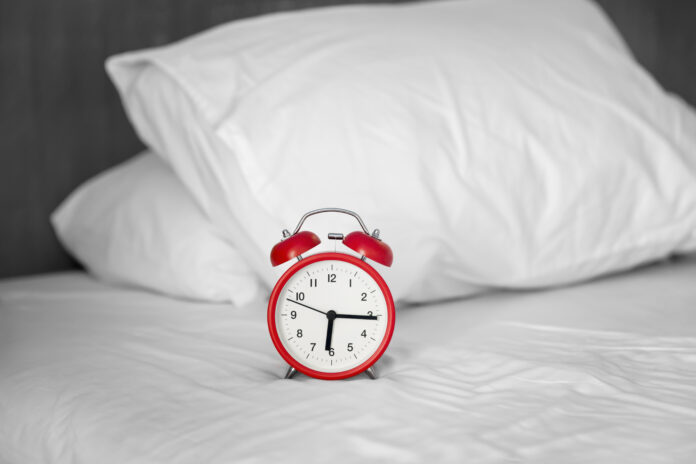A study published in Frontiers in Nutrition is the first to explore the effects of L-theanine on human gut health, highlighting the bidirectional relationship between sleep and gut microbiota. Researchers observed significant changes in specific microbes, such as Blautia and Holdemania, in participants who took Lactium and L-theanine supplements, suggesting a potential influence on microbial balance.
The Korean study enrolled 40 participants (38 women and 2 men) experiencing sleep discomfort in a double-blind, randomized, controlled trial. Participants took either a combination of Lactium and L-theanine (LTC-022) or a placebo daily for eight weeks. They were instructed to ingest one packet containing two placebo tablets or one Lactium tablet and one L-theanine tablet an hour before bed.
Sleep quality was assessed using the Pittsburgh Sleep Quality Index and Insomnia Severity Index. Researchers evaluated parameters like time in bed (TIB), total sleep time (TST), sleep onset latency (SOL), sleep efficiency (SE), wake after sleep onset (WASO), and bedtime. Stool samples were analyzed for microbiome composition using bacterial 16S rRNA gene sequencing.
Although both groups showed improved sleep quality, the LTC-022 group experienced greater improvements in WASO counts, total sleep time, sleep efficiency, and earlier bedtimes compared to the placebo group.
Microbiome analysis revealed increased abundance of Blautia and Ruminococcus, genera associated with better sleep quality, in the LTC-022 group. Conversely, Holdemania, negatively correlated with sleep, was significantly reduced. The LTC-022 group also exhibited a higher Firmicutes/Bacteroidetes (F/B) ratio, positively correlated with sleep quality.
As reported by NutraIngredients, the researchers concluded that continuous LTC-022 intake might benefit sleep duration and bedtime regulation. They also suggested that changes in gut microbiota could be linked to improved sleep patterns from Lactium and L-theanine consumption.
























